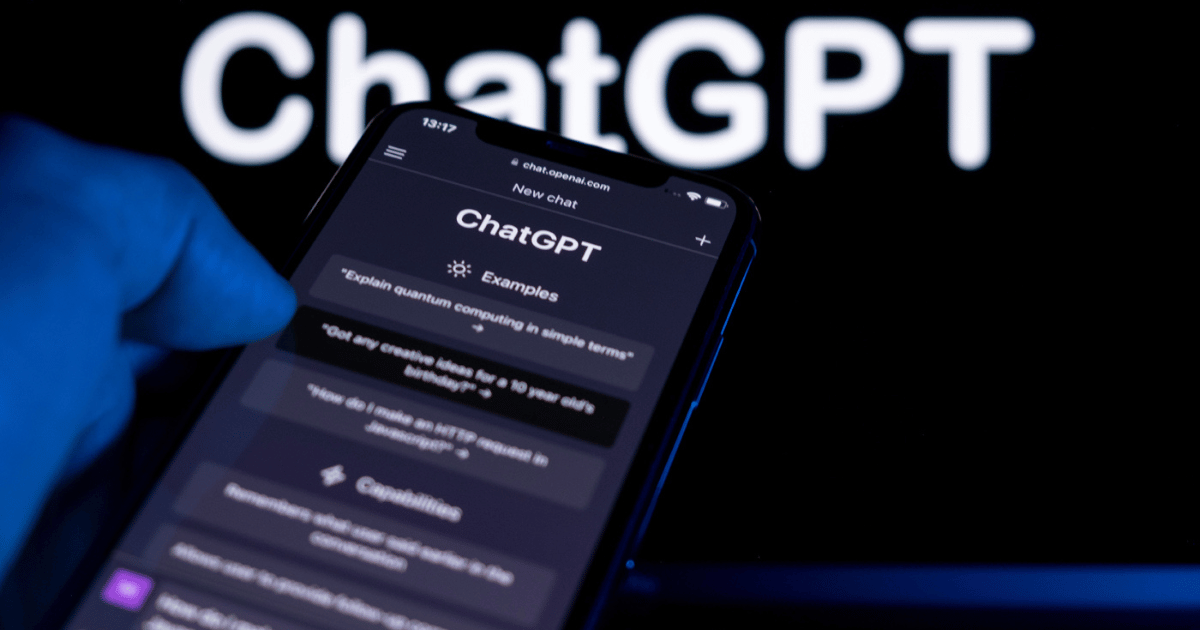
Introduction
In today’s digital age, content creation plays a vital role in online marketing, branding, and engagement. Businesses, bloggers, and influencers are constantly looking for ways to create high-quality content efficiently. Artificial intelligence (AI) for content creation has emerged as a game-changer, providing innovative solutions that help generate engaging, SEO-friendly, and well-structured content in a fraction of the time.
In this article, we will explore how AI can be leveraged to write articles, blogs, and social media posts effectively. We’ll discuss the benefits, tools, best practices, and potential challenges associated with AI-powered content generation.
1. What is AI for Content Creation?
AI-powered content creation refers to the use of machine learning, natural language processing (NLP), and deep learning technologies to automate the writing process. These tools analyze vast amounts of data, understand user intent, and generate coherent, engaging, and optimized text based on input prompts.
AI-driven tools can assist with:
- Writing blog posts and articles
- Crafting compelling social media captions
- Generating product descriptions
- Producing email marketing copy
- Creating engaging video scripts
By using AI writing assistants, businesses and individuals can streamline their content strategies and increase productivity.

2. Benefits of Using AI for Content Creation
2.1 Time-Saving and Efficiency
Creating high-quality content manually can be time-consuming. AI writing tools generate well-structured content within minutes, allowing marketers to focus on strategy and creativity.
2.2 Cost-Effective Solution
Hiring professional writers or agencies can be expensive. AI tools provide an affordable alternative for startups and small businesses looking to maintain a consistent content flow.
2.3 Enhanced SEO Optimization
Most AI-powered writing tools integrate SEO features, such as keyword recommendations, readability analysis, and meta tag suggestions, helping content rank higher on search engines.
2.4 Consistency in Tone and Style
AI tools can be trained to match a brand’s voice, ensuring uniformity across all content channels.
2.5 Multilingual Content Creation
AI-based writing assistants support multiple languages, enabling businesses to expand their reach to global audiences.

3. Best AI Writing Tools for Content Generation
Here are some of the top AI writing tools available today:
3.1 ChatGPT
Developed by OpenAI, ChatGPT is an advanced AI language model that can generate human-like text for blogs, articles, and even customer interactions.
3.2 Jasper AI
Jasper AI (formerly Jarvis) is one of the most popular AI writing assistants, offering long-form content generation, SEO optimization, and copywriting assistance.
3.3 Copy.ai
Copy.ai is a versatile tool that helps create marketing copy, ad content, and social media posts effortlessly.
3.4 Writesonic
This AI-driven platform is great for crafting engaging blog content, ad copy, and product descriptions.
3.5 Rytr
Rytr is an affordable AI writing tool that provides high-quality content generation and SEO features.

4. How to Use AI to Write Articles and Blogs
4.1 Define Your Content Goals
Before using AI, determine what type of content you need. Are you writing an informative blog post, a promotional article, or an engaging listicle?
4.2 Provide Clear Prompts
AI performs best when given specific instructions. For instance, instead of “Write about SEO,” try “Write a 1000-word article on the benefits of SEO for small businesses.”
4.3 Edit and Personalize the Output
AI-generated content should always be reviewed and refined to match your brand’s style and ensure accuracy and authenticity.
4.4 Optimize for SEO
Use AI tools that provide keyword suggestions, meta descriptions, and readability scores to ensure your content ranks well.
4.5 Fact-Check and Validate Information
AI can sometimes generate inaccurate or outdated information. Always verify facts before publishing.

5. Leveraging AI for Social Media Content
Social media requires engaging, concise, and timely content. AI can help generate:
- Compelling captions that drive engagement
- Hashtag suggestions for better reach
- Content calendars for automated posting
- A/B tested copy to determine the most effective messaging
Popular tools like Canva AI, Lately, and Sprinklr AI assist with social media content creation and management.

6. Overcoming AI Content Creation Challenges
6.1 Maintaining Authenticity
AI-generated content can sometimes lack a human touch. Personalizing the content and adding emotions, storytelling, and unique perspectives can enhance authenticity.
6.2 Avoiding Plagiarism
While AI tools generate unique content, it’s essential to use plagiarism checkers like Copyscape or Grammarly to ensure originality.
6.3 Understanding AI Limitations
AI is powerful but not infallible. It may struggle with complex topics, humor, and highly nuanced language.
6.4 Ethical Considerations
Brands must use AI responsibly by disclosing AI-generated content and avoiding deceptive practices.

7. The Future of AI in Content Creation
The future of AI-driven content is promising. With advancements in machine learning and NLP, we can expect:
- More sophisticated AI tools that understand context better
- AI-human collaboration for improved creativity and authenticity
- Personalized content tailored to individual user preferences
- AI-generated video scripts and interactive content
Conclusion
AI has revolutionized the way we create articles, blogs, and social media posts. It offers efficiency, cost savings, SEO benefits, and scalability, making it an invaluable tool for businesses and content creators. However, human oversight remains crucial to ensure quality, originality, and authenticity. By using AI strategically, brands can create compelling content that resonates with their audience and boosts online visibility.
Are you ready to leverage AI for your content creation needs? Start exploring AI-powered tools today and watch your content strategy transform!

